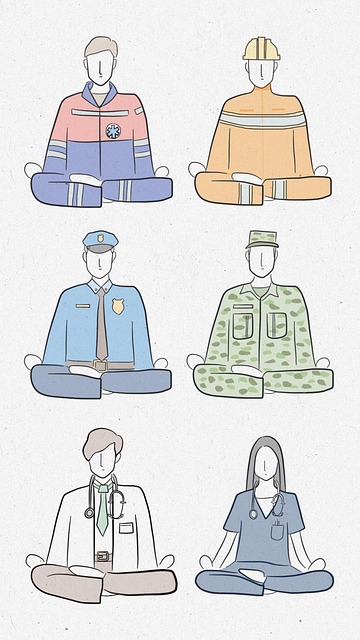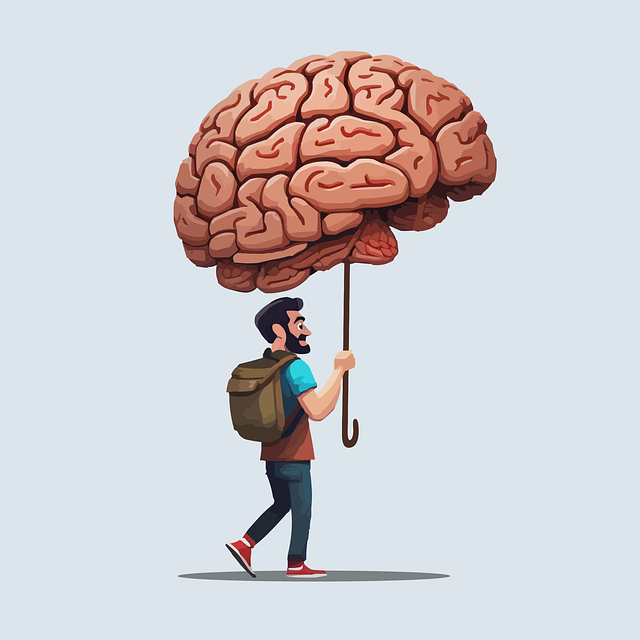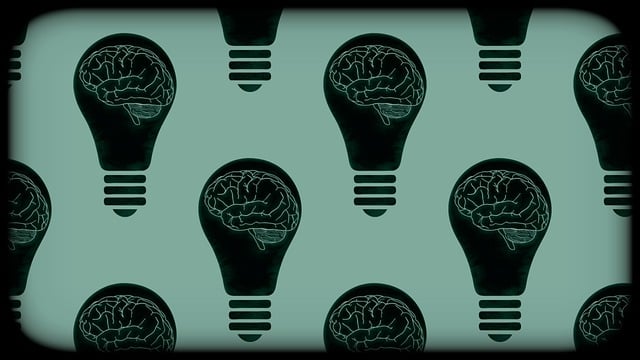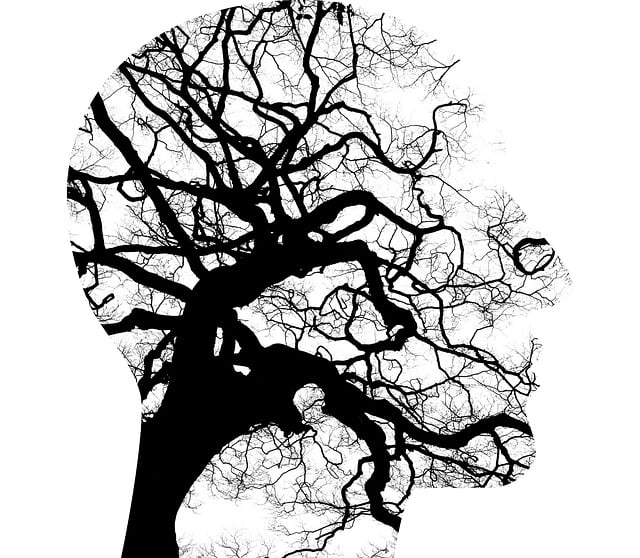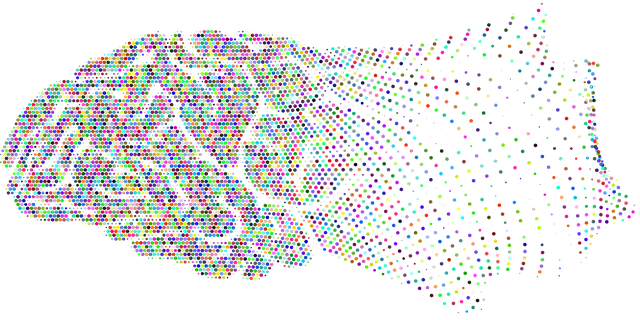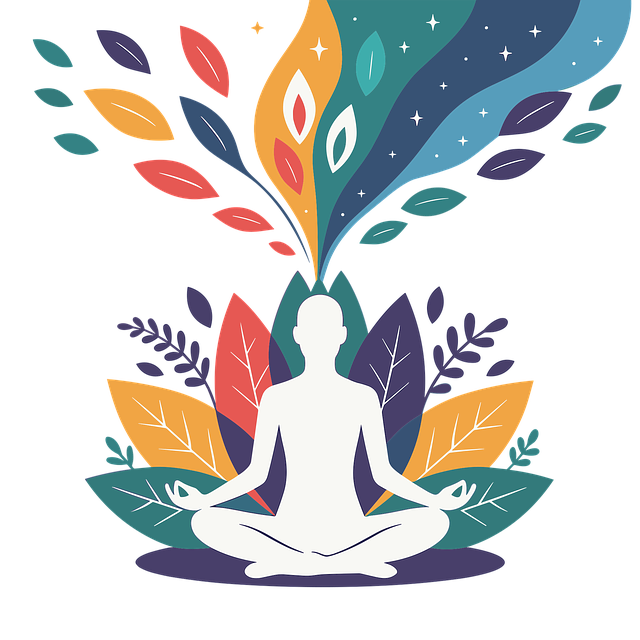Therapy for Independent Medical Evaluations (IMEs) is a powerful tool for managing mood disorders, reducing stress, and enhancing mental wellness. Evidence-based approaches like Cognitive Behavioral Therapy (CBT), mindfulness, and lifestyle interventions equip individuals with coping strategies to navigate emotional challenges. CBT focuses on thought patterns through journaling, while mindfulness practices improve healthcare provider awareness, leading to better therapy outcomes. Regular exercise, diet, and sleep contribute to mood stabilization, making these lifestyle changes a natural form of therapy for IMEs, benefiting both mental health professionals and patients.
Mood regulation strategies are essential tools for navigating life’s challenges and maintaining emotional well-being. This comprehensive guide explores various therapeutic approaches and lifestyle interventions designed to help individuals manage and stabilize their moods. From cognitive behavioral therapy (CBT) to mindfulness practices, each section delves into effective methods, emphasizing the importance of understanding and addressing emotional health holistically. Discover how Therapy for Independent Medical Evaluations provides a robust framework, guiding readers toward lasting mood regulation strategies.
- Understanding Mood Regulation: Unraveling the Concept
- Therapy for Independent Medical Evaluations: A Comprehensive Approach
- Cognitive Behavioral Therapy (CBT): Shaping Thought Patterns
- Mindfulness and Meditation: Cultivating Present-Moment Awareness
- Lifestyle Interventions: Diet, Exercise, and Sleep as Pillars of Mood Stability
Understanding Mood Regulation: Unraveling the Concept

Mood regulation is a complex process that involves managing and stabilizing our emotional states. It’s about recognizing when we’re experiencing intense feelings and implementing strategies to bring them back into a healthy balance. This concept is crucial for maintaining mental wellness, as it empowers individuals to navigate life’s challenges with resilience. By understanding mood regulation, one can unlock the ability to prevent and manage conditions like anxiety and stress, which often manifest during Independent Medical Evaluations (IMEs).
Therapy plays a significant role in teaching effective mood regulation techniques. Mental Wellness Coaching Programs Development offers personalized guidance, helping individuals identify triggers and develop coping mechanisms tailored to their needs. Additionally, Stress Reduction Methods and Anxiety Relief strategies are integral parts of this process, enabling people to regain control over their emotional responses. These approaches foster self-awareness and provide tools for navigating stressful situations, ultimately enhancing overall mental wellness.
Therapy for Independent Medical Evaluations: A Comprehensive Approach

Therapy for Independent Medical Evaluations plays a pivotal role in promoting emotional well-being and mental health awareness. These comprehensive approaches provide individuals with effective tools to manage their moods and overcome challenges associated with mental illness. By integrating evidence-based techniques, therapists help clients develop resilience, enhance coping mechanisms, and reduce the impact of stress and anxiety.
Moreover, therapy sessions focus on stigma reduction efforts, creating safe spaces where individuals feel empowered to share their experiences openly. This supportive environment encourages personal growth, self-acceptance, and a deeper understanding of one’s emotional responses. Through regular practice, clients gain valuable insights into their mental health, enabling them to navigate life’s complexities with improved equilibrium and enhanced overall well-being.
Cognitive Behavioral Therapy (CBT): Shaping Thought Patterns

Cognitive Behavioral Therapy (CBT) is a highly effective therapy for independent medical evaluations, offering a structured approach to understanding and managing one’s thoughts and emotions. This form of therapy helps individuals identify and challenge negative or distorted thought patterns that can contribute to mood disorders. By focusing on the connection between thoughts, feelings, and behaviors, CBT empowers people to develop healthier coping mechanisms and improve their overall mental wellness.
Through guided journaling exercises, CBT encourages individuals to track their thoughts and emotions, fostering self-awareness and emotional intelligence. This process helps them recognize unhelpful thought patterns and replace them with more realistic and positive ones. Additionally, CBT guides the development of a tailored self-care routine that supports better mental health. By combining therapy with practical strategies, CBT provides long-lasting tools for effective mood regulation.
Mindfulness and Meditation: Cultivating Present-Moment Awareness

Mindfulness and meditation are powerful tools for mood regulation, offering a means to cultivate present-moment awareness and promote mental health. These practices have gained significant attention in both therapeutic settings and as self-care strategies. Through focused breathing, non-judgmental observation of thoughts and sensations, individuals can develop a deeper connection with their inner experiences.
In the context of independent medical evaluations, mindfulness and meditation can be valuable components of comprehensive risk management planning for mental health professionals. By enhancing mental health awareness and fostering compassion cultivation practices, healthcare providers can improve their ability to navigate complex client scenarios. This not only benefits the professionals’ well-being but also contributes to more effective therapy outcomes.
Lifestyle Interventions: Diet, Exercise, and Sleep as Pillars of Mood Stability

Lifestyle interventions play a pivotal role in stabilizing mood and promoting mental wellness. Among these, diet, exercise, and sleep are three foundational pillars that significantly influence an individual’s emotional state. A balanced diet, rich in essential nutrients, supports brain function and can help regulate neurotransmitters linked to mood, such as serotonin and dopamine. Regular physical activity not only boosts energy levels but also releases endorphins, known for their mood-enhancing properties, thereby alleviating symptoms of depression and anxiety.
Adequate sleep is equally crucial, as it allows the body and mind to rejuvenate. Chronic sleep deprivation can disrupt hormonal balance and negatively impact brain chemistry, making it a key target for mental health policy analysis and advocacy. Incorporating these lifestyle changes into daily routines can serve as effective therapy for independent medical evaluations, offering natural yet powerful tools to combat burnout prevention strategies for healthcare providers and promote overall mental health.
Mood regulation is a multifaceted skill essential for overall well-being. By understanding the complex interplay between thoughts, feelings, and behaviors, individuals can effectively navigate life’s challenges. Integrating evidence-based strategies, such as cognitive behavioral therapy (CBT), mindfulness practices, and lifestyle interventions, empowers people to manage their moods proactively. Therapy for Independent Medical Evaluations offers a comprehensive framework, enabling individuals to gain insights, develop coping mechanisms, and achieve long-term emotional resilience. With consistent practice, these strategies can significantly enhance mental health and quality of life.
